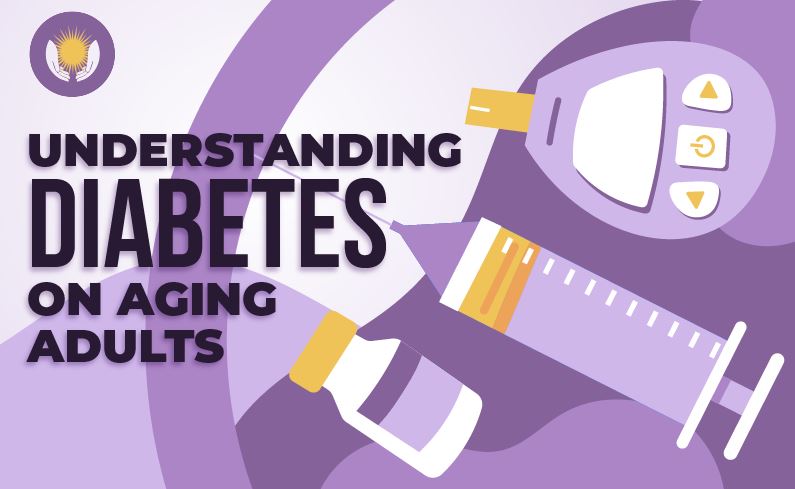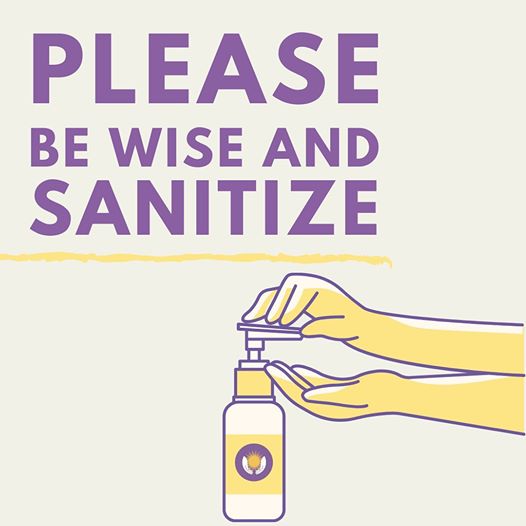A Guide to Nutrients

We hear about how we need all these vitamins, minerals, and nutrients every day, but just how important are they? Better yet, what is the difference?
Carbohydrates
Although carbs have been attacked for decades for being “fattening”, they are a critical nutrient that your body needs to function. Did you know that they provide fuel for your body and brain? They also stabilize blood sugar levels and prevent the body from breaking down the protein in your muscle for energy.
There are 2 types – complex and simple. Complex carbohydrates can be found in whole grains, and fruits and vegetables (surprise!)
Protein
Protein forms muscle creates new enzymes and hormones in the body and is built by tiny peptides or building blocks made of amino acids. You can get the most protein through animal meats, but also eggs and beans, dairy, and nuts.
Fat
Fat provides energy, boosts absorption of vitamins, and protects your organs from damage. Unfortunately, it has also been given a bad reputation because of the confusion with it leading to body fat. There are 3 types:
Unsaturated fats – can protect the heart, aids in the prevention of heart disease
Trans fats – to be avoided at all costs, found in processed foods
Vitamins
Vitamins are a type of nutrient, micronutrients essentially, needed in small amounts, that are essential to helping organisms function. The thirteen essential vitamins are Vitamins A, C, D, E, K, and the B vitamins: thiamine (B1), riboflavin (B2), niacin (B3), pantothenic acid (B5), peroxide (B6), biotin (B7), folate (B9) and cobalamin (B12). The four fat-soluble vitamins-A, D, E, and K-are stored in the body’s fatty tissues.
The difference between essential vitamins and fat-soluble vitamins are that essential vitamins need to be replenished every day, while fat-soluble vitamins are stored in the body for future use. These need to be taken with food.
Minerals
Minerals are another type of nutrient! Each mineral below has a specific function, just like vitamins! For example, iron aids in blood production, phosphorus strengthens your bones and teeth, and magnesium powers hundreds of key reactions that occur in the body.
- Iron
- Sodium
- Potassium
- Calcium
- Chloride
- Magnesium
- Phosphorus
- Trace minerals
By eating a well-balanced diet, you should be able to obtain all of these minerals that your body needs.



Comments